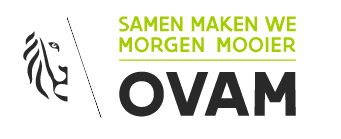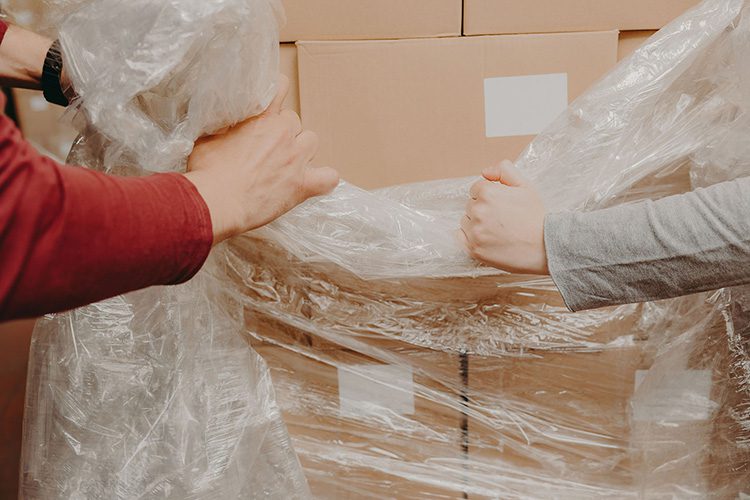Flemish legislative framework
In Flanders, the competent administrative authority is the Openbare Vlaamse Afvalstoffenmaatschappij (OVAM).
The environmental legislation is laid down in the Flemish Government’s Materialendecreet (Decree on Materials) and the Vlarema Decision of the Flemish Government establishing the Flemish regulation on the sustainable management of material cycles and waste materials.

